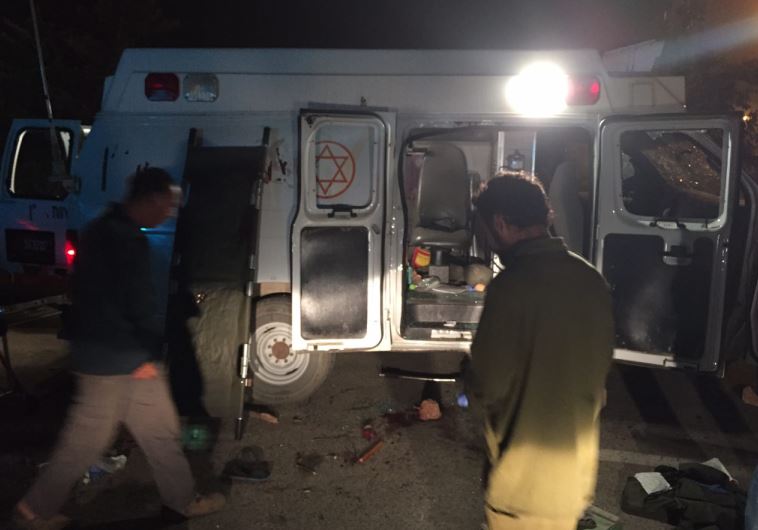After deadly mob attack, IDF instituting changes, asks for stepped up police presence
Army plans to continue to evacuate Syrians injured in the country's civil war to Israeli hospitals, in line with government policy.
 Ambulance attacked in northern Israel by Druse protesters.Updated:
Ambulance attacked in northern Israel by Druse protesters.Updated: